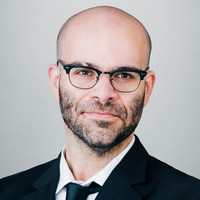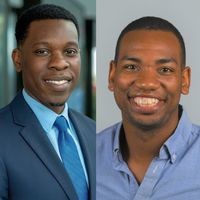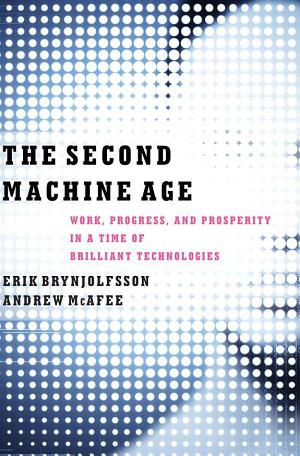Mike Issac covers Silicon Valley for The New York Times. He is the author of Super Pumped: The Battle for Uber.
“People try to use journalists all the time. Your job as a journalist is to figure out who’s using you, why they’re using you, and whether you can do something legitimately without playing into one side or another.”
Thanks to MailChimp, Pitt Writers, and Wolverine Podcast for sponsoring this week's episode.











 We reprinted this article on Longform to help raise money for the Matthew Power Literary Reporting Award, which in our friend Matt's memory will fund promising young writers to bring forward unreported stories of importance from overlooked corners of the world.
We reprinted this article on Longform to help raise money for the Matthew Power Literary Reporting Award, which in our friend Matt's memory will fund promising young writers to bring forward unreported stories of importance from overlooked corners of the world. 
